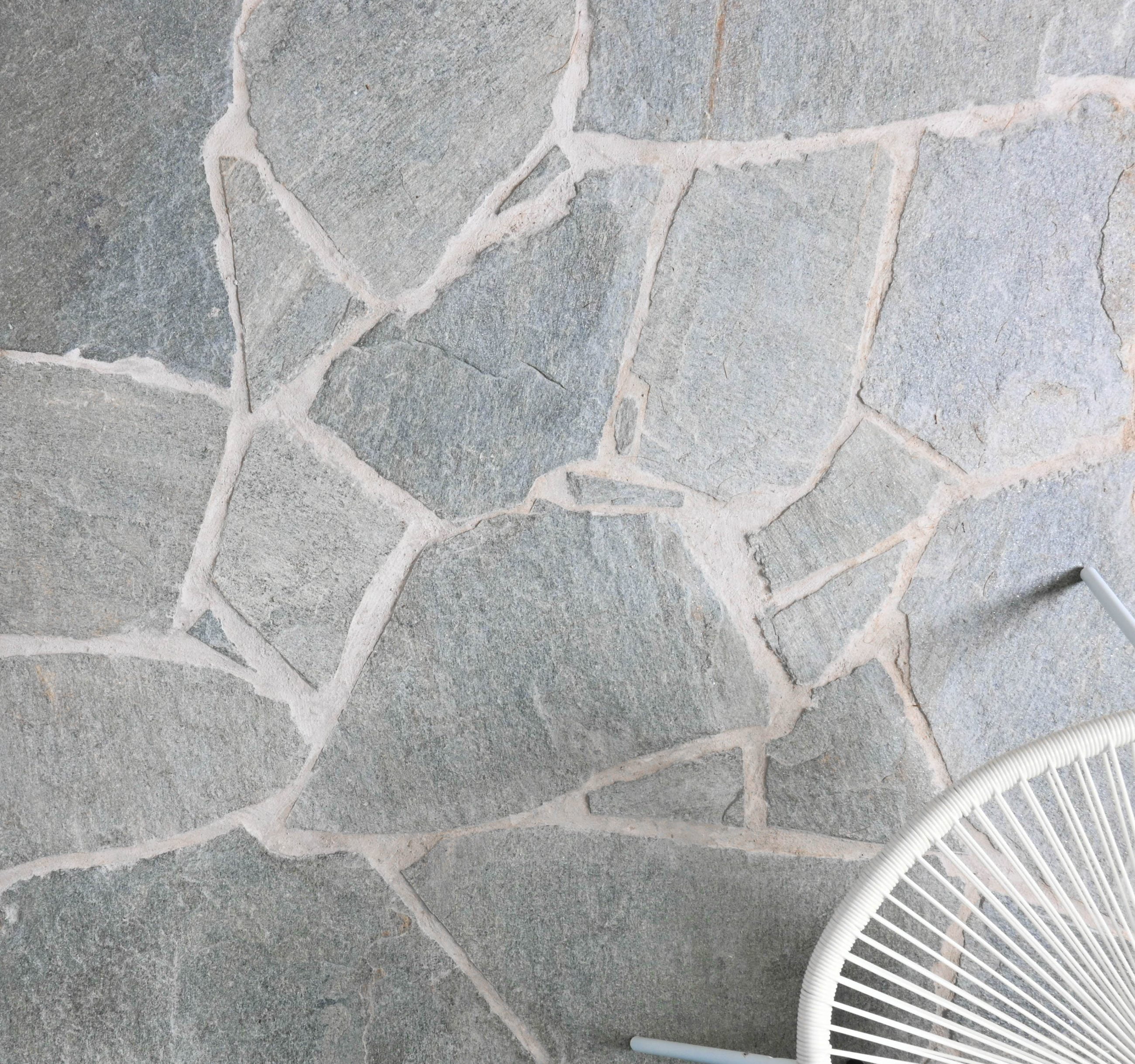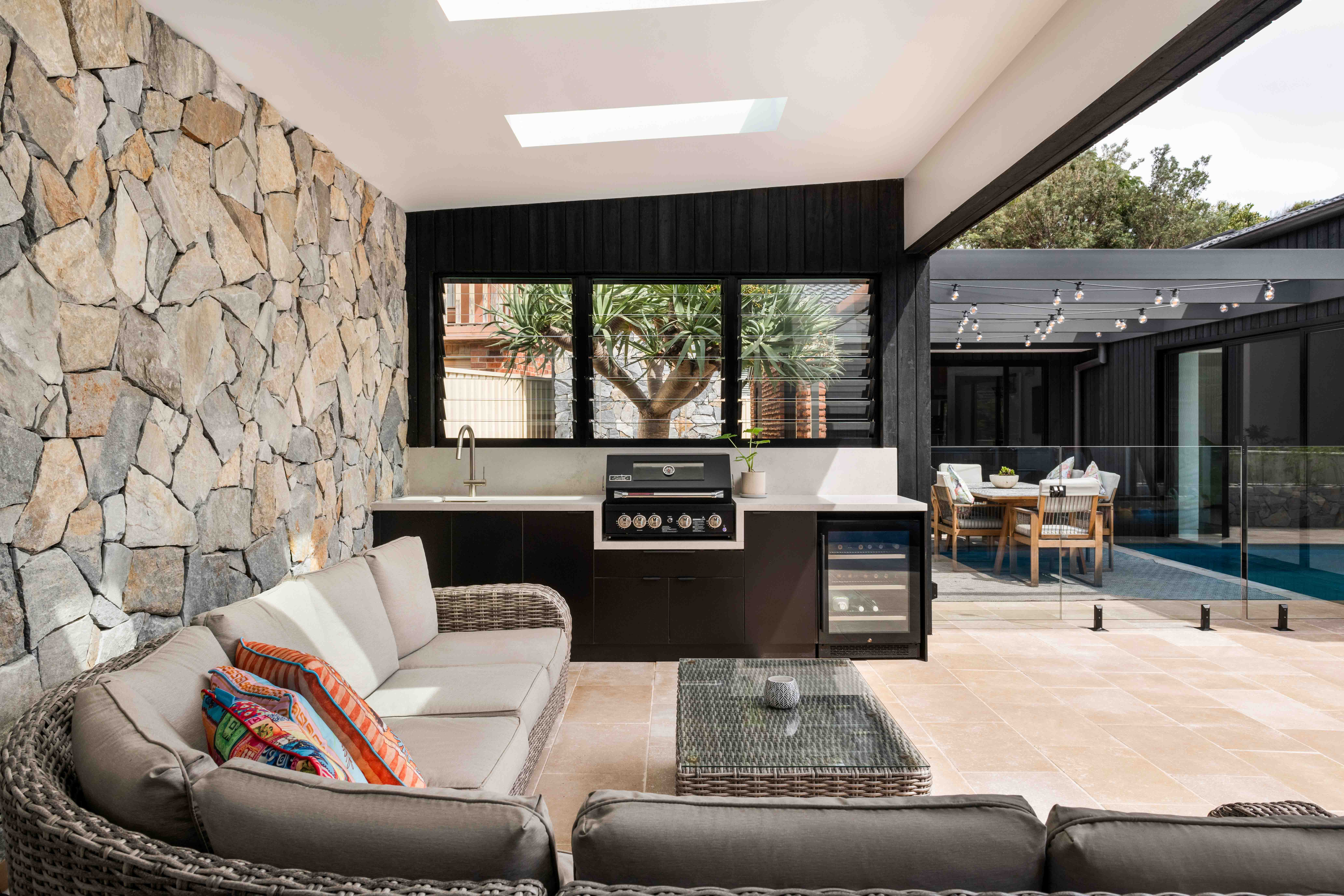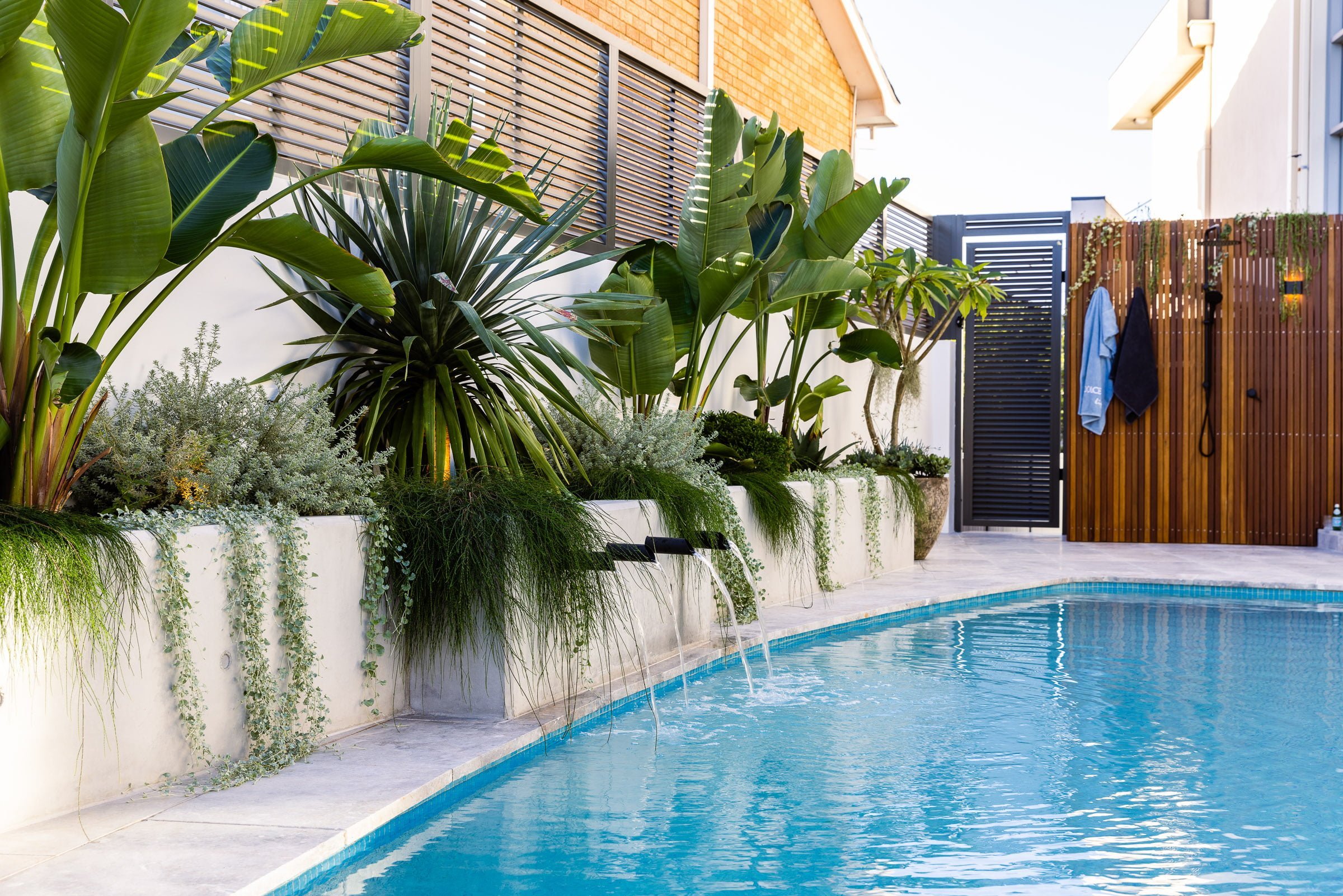Natural Stone Tile Flooring Pros And Cons: A Comprehensive Guide
Natural Stone Tile Flooring Pros And Cons: A Comprehensive Guide
Natural stone tile flooring has symbolised luxury and elegance in homes for centuries. Its timeless beauty and durability make it a popular choice for homeowners looking to add a touch of sophistication to their living spaces. However, like any flooring option, natural stone tiles have their own advantages and disadvantages. In this comprehensive guide, we’ll explore the pros and cons of natural stone tile flooring to help you make an informed decision for your home.
Types of Natural Stone Tiles
Before diving into the pros and cons, let’s briefly explore the most common types of natural stone tiles used in flooring:
Marble
Marble is known for its luxurious appearance and unique veining patterns. It’s often used in formal living areas and bathrooms to create a sense of opulence.
- Pros: Elegant appearance, increases home value
- Cons: Softer than other stones, prone to scratching and etching
Granite
Granite is prized for its exceptional durability and resistance to wear. It’s an excellent choice for high-traffic areas and kitchens.
- Pros: Extremely durable, resistant to stains and scratches
- Cons: Can be expensive, limited colour options compared to other stones
Slate
Slate offers a rustic, natural look with its textured surface. It’s ideal for indoor and outdoor applications due to its slip-resistant properties.
- Pros: Slip-resistant, durable, unique textures
- Cons: Can be prone to chipping, limited colour range
Limestone and Travertine
These sedimentary stones offer a softer, more earthy appearance. They’re popular for creating a warm, inviting atmosphere in living areas and bathrooms.
- Pros: Natural, warm appearance, available in various finishes
- Cons: More porous than other stones require regular sealing
Advantages of Natural Stone Tile Flooring
Durability and Longevity
One of the most significant benefits of natural stone tile flooring is its exceptional durability. When properly maintained, stone floors can last decades, often outliving other flooring options.
- Resistant to wear and tear
- Can withstand heavy foot traffic
- Potential lifespan of 100+ years for some stone types
Aesthetic Appeal
Natural stone tiles offer unparalleled beauty and elegance. Each tile is unique, featuring intricate patterns and colours formed over millions of years.
- Wide range of colours and patterns
- Timeless appeal that never goes out of style
- Adds a touch of luxury to any space
Increased Home Value
Installing natural stone tile flooring can significantly boost your home’s value. It’s seen as a high-end flooring option that appeals to potential buyers.
- Perceived as a luxury feature
- Can increase the resale value
- Attracts discerning buyers
Eco-Friendliness
For environmentally conscious homeowners, natural stone is an eco-friendly choice. It’s a naturally occurring material that requires minimal processing.
- Sustainably sourced
- Can be recycled or repurposed
- Low environmental impact compared to synthetic materials
Disadvantages of Natural Stone Tile Flooring
Cost
One of the main drawbacks of natural stone tile flooring is its high initial cost. It’s generally more expensive than other flooring options like ceramic tiles or hardwood.
- Higher material costs
- Professional installation is recommended, adding to the overall expense
- Some rare stones can be significantly more expensive
Installation Complexity
Installing natural stone tiles requires specialised skills and tools. Due to the weight of the tiles and the precision required for a proper installation, it’s not typically a DIY-friendly project.
- Requires professional installation in most cases
- The subfloor may need reinforcement to support the weight
- Improper installation can lead to costly repairs
Maintenance Requirements
Natural stone tiles require regular maintenance to keep them looking their best and to protect them from damage.
- Need regular sealing to prevent staining.
- Some stones (like marble) are susceptible to etching from acidic substances.
- Specific cleaning products are required to avoid damaging the stone
Cold and Hard Surface
Natural stone can feel cold and hard underfoot, which may be uncomfortable in certain home areas.
- It can be chilly in colder climates
- May require area rugs for comfort
- It is not ideal for areas where you stand for long periods
Maintenance and Care
Proper maintenance is crucial for preserving the beauty and longevity of your natural stone tile flooring.
Regular Cleaning
- Use a pH-neutral cleaner specifically designed for natural stone
- Avoid acidic or abrasive cleaners that can damage the stone
- Sweep or vacuum regularly to remove dirt and debris
Sealing
- Most natural stones require periodic sealing
- Frequency depends on the type of stone and amount of traffic
- Professional sealing is recommended for the best results
Cost Considerations
The cost of natural stone tile flooring can vary widely based on several factors:
| Stone Type | Price Range (per sq. ft.) |
| Slate | $4 – $10 |
| Travertine | $5 – $15 |
| Granite | $5 – $20 |
| Marble | $10 – $50+ |
Note: These prices are estimates and can vary based on quality, rarity, and location.
Choosing the Right Stone for Your Space
When selecting natural stone tiles for your home, consider the following:
- Room function and foot traffic
- Moisture exposure (especially important for bathrooms and kitchens)
- Desired aesthetic and colour scheme
- Maintenance requirements you’re willing to undertake
Conclusion
Natural stone tile flooring uniquely combines beauty, durability, and value. While it comes with a higher initial cost and maintenance requirements, many homeowners find that the long-term benefits outweigh the drawbacks. By carefully considering your needs, budget, and lifestyle, you can determine whether natural stone tile flooring is the right choice for your home.
FAQs
- How long does natural stone tile flooring typically last? Natural stone floors can last 100 years or more with proper care and maintenance.
- Can natural stone tiles be used in bathrooms? Yes, but choose stones with good slip resistance and ensure proper sealing to protect against moisture.
- Are natural stone tiles suitable for radiant floor heating systems? Most natural stones are compatible with radiant heating, but consult a professional for specific recommendations.
- How often should I seal my natural stone tile floor? Sealing frequency depends on the stone type and traffic, but it is generally recommended that it be sealed every 1-3 years.
- Can I install natural stone tiles myself, or do I need a professional? Professional installation is highly recommended due to the weight and precision required for proper installation.
- What’s the best way to clean natural stone tile flooring? Use a pH-neutral cleaner for natural stone and avoid acidic or abrasive products.
- Are natural stone tiles slippery when wet? Some stones can be slippery when wet. For wet areas, choose textured finishes or naturally slip-resistant stones like slate.
- How do I repair chips or cracks in natural stone tiles? Minor damage can often be repaired with colour-matched epoxy fillers, but significant damage may require tile replacement by a professional.
Ready to transform your space with beautiful natural stone tile flooring? Contact the experts at Cinajus for personalised advice and high-quality stone options. Visit cinajus.com.au or call us today to bring the timeless elegance of natural stone to your home!





